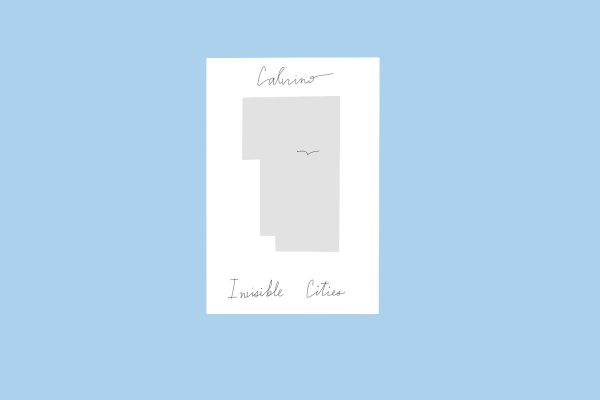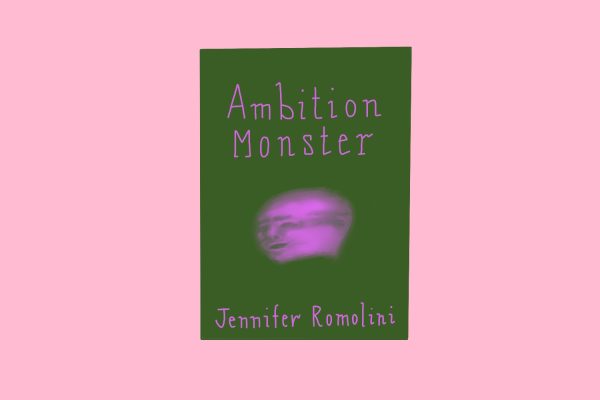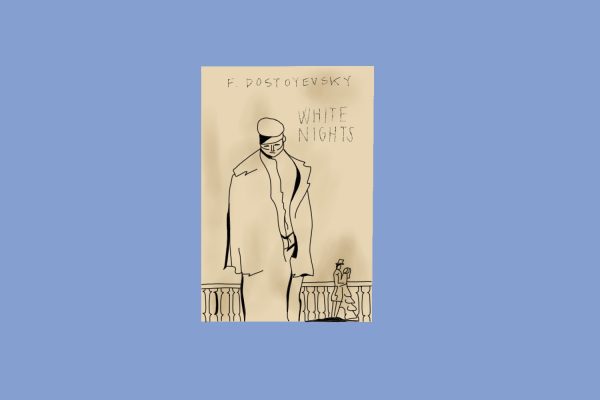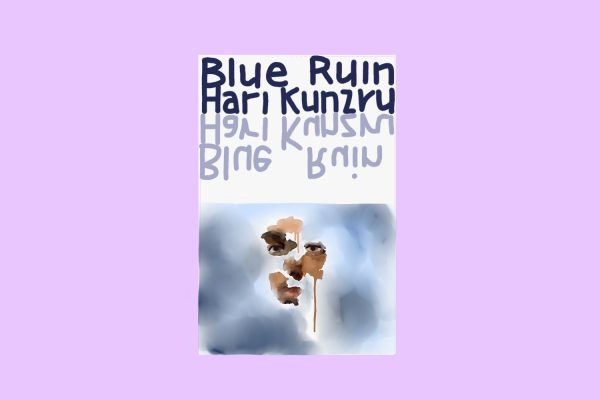
“Invisible Cities” by Italo Calvino
— Alexa Donovan, Arts Editor
“Cities, like dreams, are made of desires and fears, even if the thread of their discourse is secret, their rules are absurd, their perspectives deceitful, and everything conceals something else.”
Italo Calvino’s famed surrealist novel follows a conversation between Mongolian emperor Kublai Khan and Venetian explorer Marco Polo. As Khan worries about the state of his empire, Polo details tales of the cities he’s explored within it. Khan is engaged by the explorer’s lyrical storytelling and use of vivid imagery. After poetic descriptions of a few cities, the two men speak with one another, and then the cycle continues.
The book truly feels like a dream with an organized thematic structure hidden within the pages. Each city falls into a certain category, such as desire and memory, but that’s not immediately obvious. The narrative is surreal and it’s truly difficult to explain the experience of reading Calvino’s writing, but the short chapters lend themselves to an experience similar to that of wandering and contemplating the human condition.

“Ambition Monster” by Jennifer Romolini
— Aashna Miharia, News Editor
Jennifer Romolini’s memoir will strike a chord with overachievers, people-pleasers and those acclimated to New York City’s relentless hustle culture. As she works tooth and nail to become an influential leader in women’s lifestyle media, Romolini’s story describes how workaholism fosters when the rat race of capitalist America meets unresolved childhood trauma.
Honestly, I didn’t recognize Romolini’s name when I picked up this book. However, I was struck by her intensely candid and introspective tone as she describes her life — from a chaotic childhood with neglectful teenage parents to dropping out of college to eventually landing top editorial positions in New York and Los Angeles. Romolini doesn’t always paint herself in a positive light while sharing truths about her numerous abusive boyfriends and unhealthy familial bonds, but as readers, we can’t help but forgive this as vulnerability from a recovering workaholic.
“Ambition Monster” is chaotic yet empowering, inviting readers to get to know Romolini like an old friend. Her story exemplifies that although one can’t choose where they started nor change what they’ve already done, they can always change where they go.

“White Nights” by Fyodor Dostoevsky
— Hannah Marr, Contributing Writer
“I don’t know how to be silent when my heart is speaking.”
“White Nights” is a slim classic by literary giant Fyodor Dostoevsky. The book tells the story of a lonesome dreamer who gets to know a heartbroken stranger over the course of four nights in St. Petersburg, Russia. Both characters find necessary solace in each other’s company. Told from the perspective of an unnamed narrator, this short story spends time on the inner workings of the human psyche, emphasizing the power of relationships.
This story is delicate and heavy at the same time, and for me, was a lovely gateway read into a slightly intimidating author. I was amazed how — in just 62 pages — I felt a closeness to the protagonist that was like friendship. Despite the violent, gut-wrenching last few pages, this piece reminds readers that every aspect of love is something to cherish, and that connecting with another person is always a gift, no matter the outcome.

“Blue Ruin” by Hari Kunzru
— Chloe Haack, Staff Writer
Hari Kunzru’s “Blue Ruin” follows Jay, a former art student who now delivers groceries in upstate New York. When he reconnects with Alice, an ex-lover turned art world influencer, he’s drawn back into a scene that once promised everything. Through Jay’s return to the industry, Kunzru explores the tension between creative integrity and the pressure to succeed in a world obsessed with fame and image.
Jay’s journey offers a sharp, often painful look at what it means to pursue art — or any passion — in a culture that rewards celebrity over substance. Kunzru’s critique of the art world extends beyond it, touching on how easily commercial demands can twist ambition.
His story is a reminder of how easy it is to lose sight of your original passion. “Blue Ruin” asks the question that so many of us are afraid to face: What are we really willing to give up to succeed?
Contact the Arts desk at [email protected].

























































































































































